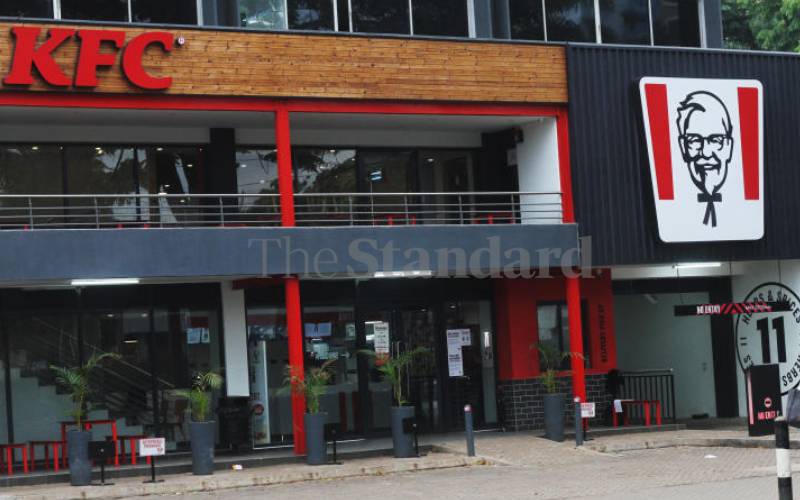×
The Standard e-Paper
Fearless, Trusted News

The price of French fries sold by the Kenyan franchise of American fast-food chain, Kentucky Fried Chicken (KFC), could go up after the government proposed to introduce excise duty on the variety of potatoes the restaurant imports.
In the Finance Bill, 2022, the National Treasury has proposed 25 per cent excise duty, or sin tax, on all imported potatoes, including the pre-blanched, blast-frozen French fries that KFC sources from Egypt, South Africa and the United Arab Emirates.